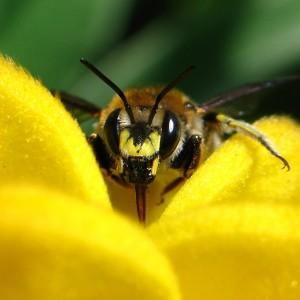We test hundreds of fragrances a year, and you get a sixth sense about who has “it. We believe she does. Jessica is an 'ethical perfumer', who like Michel Roudnitska, believes that creators of fine fragrance must be responsible and aware that preserving our depleted natural resources is essential; ethical perfumery. Jessica is ‘one to watch’ and in reading this interview you will understand why.
Where did you grow up? Please describe your childhood olfactively.
JSB: I began my childhood on Saltspring Island… one of the Gulf Islands off the west coast of Canada. I will always remember bring quite ill once at about 4 years old, and my mother placing a huge bouquet of lilacs from our garden beside my bed.Their perfume helped me heal. As well, I will always remember the scent of the sea and the beach, since we walked there almost every day. Later, from about the age of six onward, we lived on ranches in the interior of BC. I remember the smell of my pony's skin after long rides herding cattle, the smell of dust, and the endless pine forests of the Chilcotin Plateau. I was obsessed with wild plants, and the clear sweetness of wild roses will always return me to those days.
What perfume did your mother wear?
JSB: My mother wore the cologne 4711, but I can also remember the scent of the Nivea cream she used. I only wish this product smelled the same now as it did when she wore it. How I would love to find the formula to that original scent!
What were some of your most memorable experiences at the Grasse Institute of Perfumery?
JSB: Working with Max Gavarry, who taught us the creative perfumery section of the program. He is an accomplished master of the art and of the true Grassois tradition of perfumery. (meaning that he believes in using naturals as the starting point for the accords.)
We also had many amazing teachers and all of them passed on precious bits of knowledge that i had been so hungry for in the years leading up to my time in the France.
Besides this, touring the lavender and the clary sage fields in Provence was incredible. As well as the rose and jasmine fields on a farm near Grasse where they produce absolutes especially for Chanel. There have been innumerable memories from the years I lived in the region that have given me such a rich insight and understanding of the perfumed art.
Did you have a mentor in school?
JSB: I did not have a specific mentor in school-I would say that I was simply a sponge to soak in every possible bit of knowledge from every single teacher or mentor that I came in contact with while in Grasse. This said, I was very much driven by my own ideas of creation and the ethics that I held dear to me. These were especially in regard to using naturals almost solely, as well as completely avoiding such (non-biodegradable) raw materials such as Galaxolide. I remember one of my fellow students affectionately calling me a 'tree-hugger'.
What is the back story of your first ‘commercial’ fragrance Reglisse Noire?
Reglisse was born from a desire to find a connection between opposites. I come from a background of naturals, of natural medicine and natural living. I was conditioned to think that ‘synthetics’ were ’bad’. In Grasse we studied about 150 man-made materials and I was amazed to discover that many of them are beautiful! So the idea developed to create a perfume that could represent the reconciliation that is possible between opposites. That polar opposites could come together and find a place of connection that was perfectly balanced. So I created a formula that married organic naturals with molecules made In a lab with the idea to create a perfume that could be shared and which alienated no one.
My starting point was a familiar note, black licorice, somewhat old-fashioned, but familiar to everyone. I then countered it with Helional, a molecule made by IFF in NYC, and which, to me, represents the modern, ‘high-tech; world of modern perfumery. Then with notes of chocolate, spices, crystalline woods, and musks, Reglisse came into form.
Natural balanced with technology, and modern with mystical. A shared fragrance. Even those who normally don’t like perfume, have told me that Reglisse is a perfume that they enjoy.
Actually, when I first wore your perfume, I thought it was natural. What is the ratio of natural to synthetic materials?
JSB: It is approximately 60/40 natural to lab-created molecules. Many of these naturals are certified organic and I also use a touch of beautiful Wild fennel seed oil from France. I have used natural isolates and synthesized nature-identical molecules (synthesized in the lab). The IFF created molecule Helional, is the only material that I have used that does not actually exist in nature at all.
Favorite raw materials?
JSB: I love all the natural raw materials since they are so alive! But really, I have a different favourite every week or so.. I love exploring them all …. There are certain ones I will not use; polycyclic musks for example, since I chose to work from a green, sustainable and conscious perspective. But overall, every material is fascinating, whether it is part of my chosen palette or not.
Do you plan on staying ‘indie’? How did you decide on this path rather than join a large fragrance company as a nose?
JSB: I very much appreciate the freedom of being independent. I do find the idea of working in a team very appealing, but the huge restrictions within commercial perfumery are not a challenge I want to lay on myself. Perfumery is a solo art, similar to writing, which I believe, requires more soul-searching than the modern machine allows for. I think commercial perfumery has lost sight of the gritty creative source of ‘art’.
However, sharing my fascination with other artists is so inspiring and fun and I do dream of being part of an 'artist's community', where the residents are independent perfumers…. so maybe one day this can be realized…
Which perfumers work have influenced you the most?
JSB: Jean Claude Ellena is someone I admire so much. He is such a kind and refined intellectual who is highly dedicated to creating perfumes that speak of the true mastery of the art. He speaks with such poetry and finesse about perfume and other arts as well as the creative process. He creates in a vein of minimalism that, to me, is truly about luxury.
Other perfumers whose work I admire are Michel Roudnitska, Calice Becker, Olivier Polge and Earnest Beaux respectively.
What was the last song you downloaded?
JSB: ‘You Belong to Me’ by Pipo Fiasco
If you could bottle a memory which would it be…
JSB: The scent of April rain and orange blossoms at 3 o’clock in the morning in Monaco.
If you could meet any perfumer who would it be (sic :alive or deceased)
JSB: Jacques Guerlain
Hidden talent?
JSB: Starting a campfire in the rain.
Which of your six senses influence you the most?
JSB: My intuition.
With so many new fragrances in the market, niche, natural and commercial, what is your raison d'etre?
JSB: I create perfumes because it is what I love to do. For me, this is my artistic medium. There are many artists in my family- painters, weavers, potters etc and we do it for the creative process. Perfumery happens to be how I love to express stories that hopefully inspire and stimulate, and to plant seeds in people's imaginations
Where do you see yourself in five years?
JSB: Situated in a fully stocked, bright and sunny studio, telling stories through the creation of perfumes.
As well, I love the idea of one day working with children and the elderly in the simple exploration of the sense of smell.
Your next fragrance? What are you working on?
JSB: I am creating a fragrance in honor of the honeybee and the beautiful sunshine of the Mediterranean region.
What does being a perfumer in the 21st century mean to you?
JSB: It means there is endless room for innovation and creativity.
We have a great draw… at Jessica’s request, she will be offering five 5ml decants of Reglisse Noire. You must leave a comment on site to be eligible. Draw closes November 10, 2010 at 11.59 a.m.
– Michelyn Camen, Editor in Chief

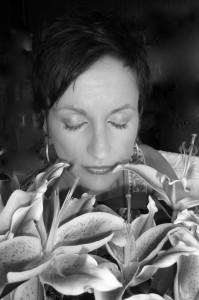
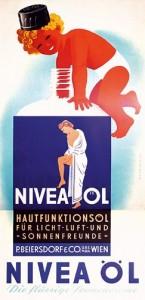
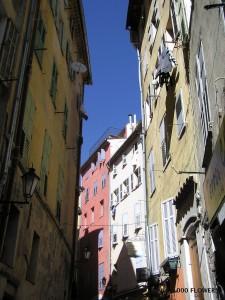
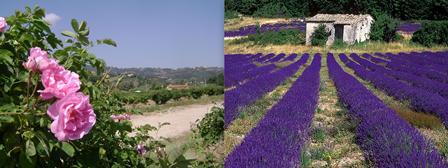
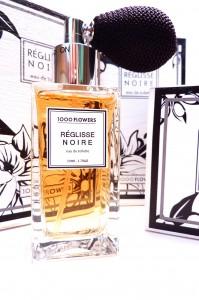
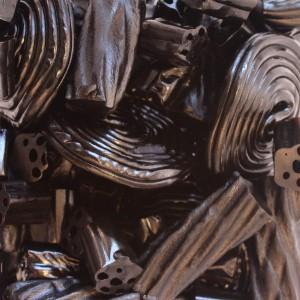
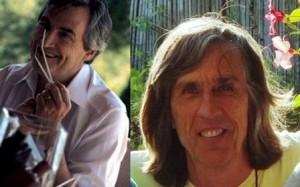
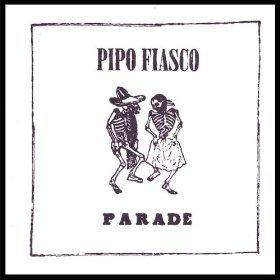
![Grasse_flowers_orange_blossoms2-1[1]](https://cafleurebon.com//wp-content/uploads/2010/11/Grasse_flowers_orange_blossoms2-11-300x224.jpg)
